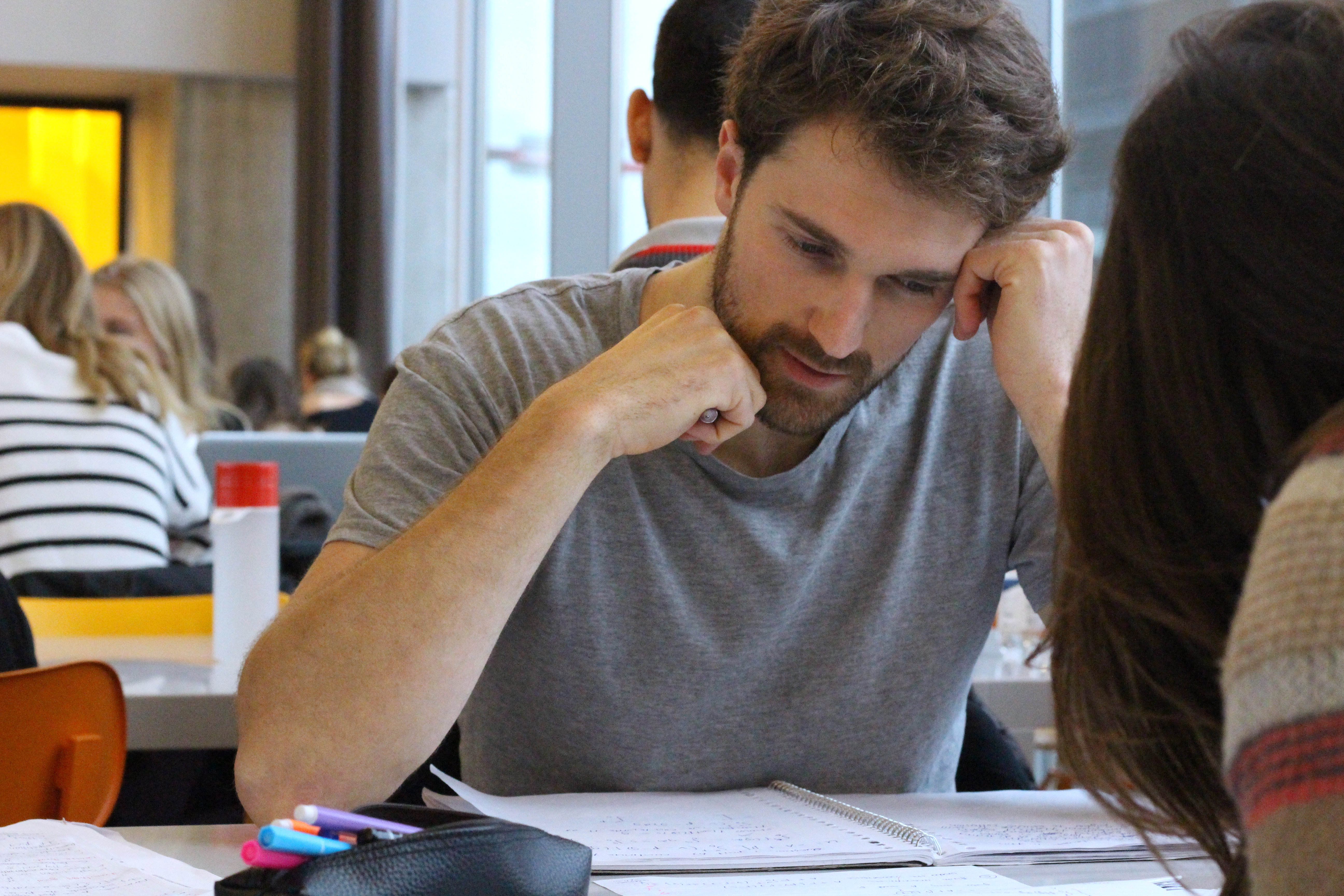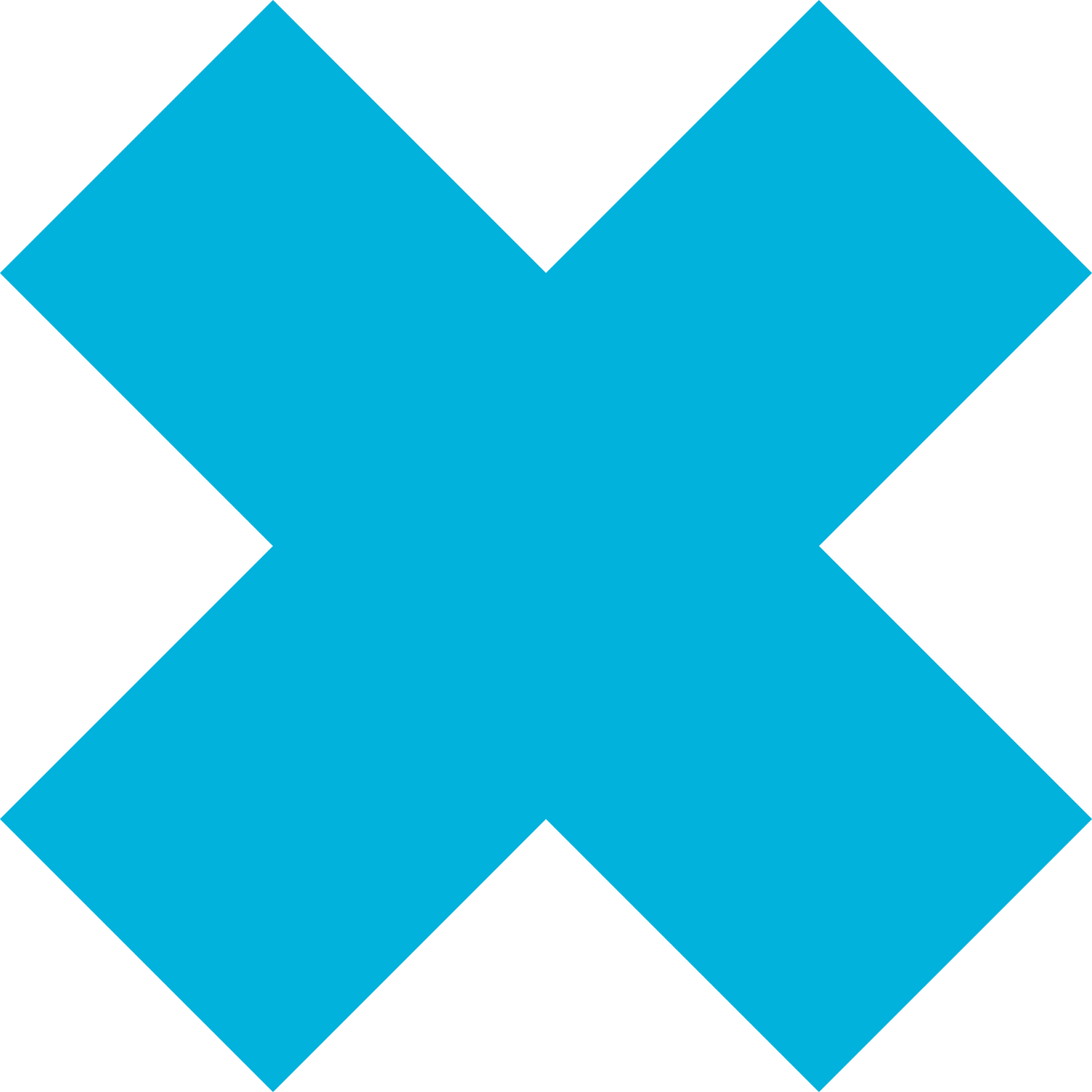|
A symposium on effective feedback methods and their significance in academic education
|
Effective feedback has been described by Hattie and Timperley (2007) as a system with three components: feed up, feed back, and feed forward. It provides students and lecturers with a threefold insight: clarification of learning outcomes, information about the progress of students and direction for attuning teaching and learning strategies. Feedback is thus a crucial element in the learning process of students. It is therefore that in the context of the Innovative Assessment Methods project, the Institute for Interdisciplinary Studies (IIS) is organising a symposium on the essence and value of an effective feedback system within educational practices at the university. The symposium aims to bring together educators from the University of Amsterdam and beyond who are actively engaged in implementing and developing feedback tools.
The following questions will be addressed: How does feedback affect student learning and achievement? What is the role of feedback in education at the University? How can we implement feedback in an assignment, a course or a curriculum?
Next to reflecting on the role of feedback, the symposium intents to introduce educators to practical tools and methods for embedding feedback efficiently and effectively. Practitioners from the UvA and beyond will share their best practices (e.g. rubrics, online peer review platforms, portfolio and self-reflection).
|







